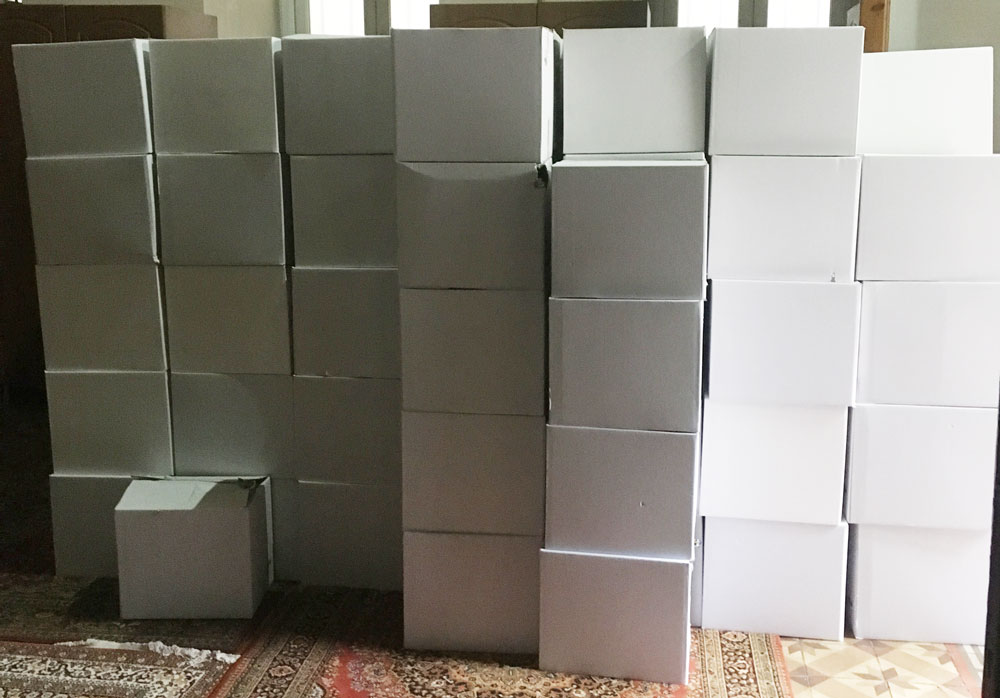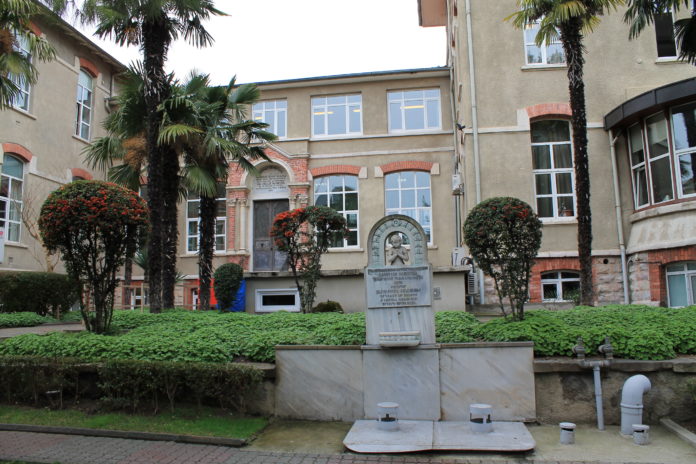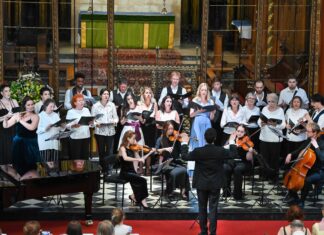ISTANBUL (Agos, Jamanak, Nor Marara, Arevelk.am, RFE/RL) – At least six Armenians have died in Istanbul from the coronavirus from the end of March till April 9. Two floors have been reserved for the treatment of COVID-19 patients at Surp Prgich (Holy Savior) [Armenian] National Hospital in the Yedikule quarter of Fatih district in Istanbul, and they are full of patients. The hospital possesses 16 ventilators. Some of the medical staff of Surp Prgich Hospital have been infected. Furthermore, there are Armenians being treated at other hospitals of the city.
On Wednesday, April 8, there were 812 deaths in all from coronavirus and 38,226 cases of infections, according to Turkish Health Minister Fahrettin Koca.
The 44-year-old former chairman of Yeniköy’s Kiud Dpoy Sourp Asdvadzadzin Church Hagop Baltayan, who has two children, has died of the illness, as has Zhamnur Teller, similarly leaving behind two children while her husband also fights against the sickness in a Sisli hospital. Two Armenians from Armenia, mother and daughter, have also died in Turkey in April. The first death of an Armenian at Surp Prgich from the disease, prior to the above two individuals, was of 76-year-old Bedros Sahakian during the first weekend of April. The first death of an Armenian in Turkey from coronavirus was that of Avedis Ustaaramoglu and it took place in a non-Armenian hospital.
According to Bedros Sirinoglu, chairman of the Armenian hospital’s board of trustees and chairman of the Turkish Armenian Foundations [Vakif’s] Union, the Armenian Patriarchate of Istanbul is helping the needy in these circumstances, and other Armenian organizations

are only participating when their assistance is being requested. One example is the Parish Council of Beyoglu. Its chairman, attorney Simon Çekem, and his colleagues managed to send the assembled 210 boxes of food and other necessities to needy parishioners on April 6 despite the coronavirus restrictions due to the help of some young volunteers.
At the end of March, the Patriarchate initiated a campaign to contact the elderly via telephone to make them not feel alone. Approximately 20 volunteer women initially used a list of 170 telephone numbers. Additional Armenians who wished to benefit from this service were told to apply through their local churches.








